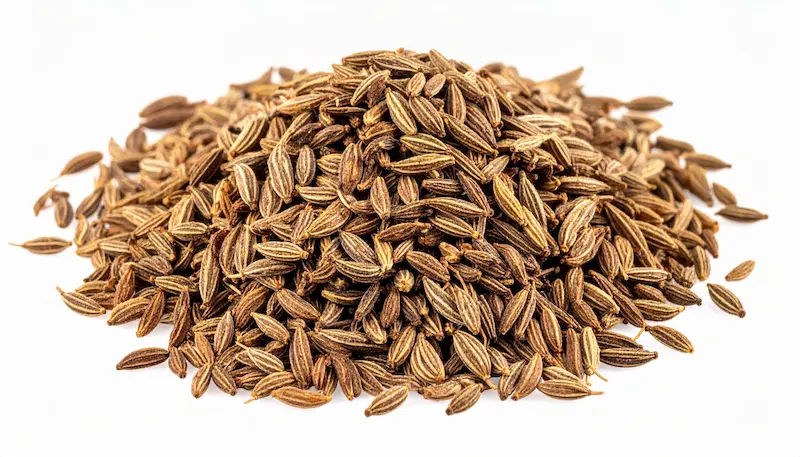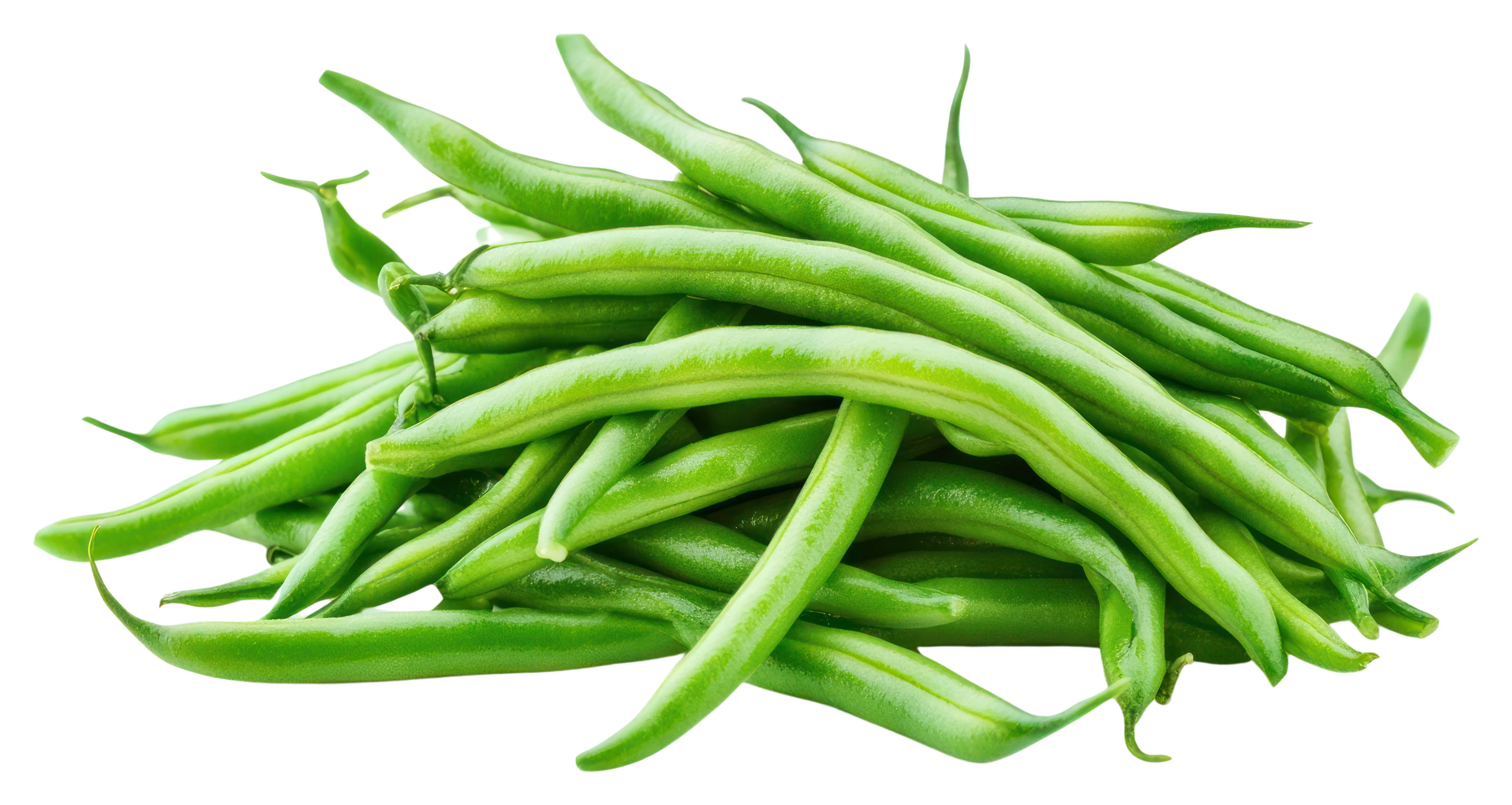Hibiscus TeA. Ayurvedic Uses, Benefits, and Side Effects
Discover hibiscus tea benefits for blood pressure and heart health. Learn Ayurvedic uses, how to brew this herbal tea, side effects, and safety tips.

Written by Dr. M L Ezhilarasan
Reviewed by Dr. Shaik Abdul Kalam MD (Physician)
Last updated on 13th Jan, 2026

Introduction
Hibiscus tea is a bright red, tangy herbal tea enjoyed around the world. Many people reach for it to relax, hydrate, and support heart health. Interest has grown because research suggests hibiscus tea benefits may include modest help with blood pressure. At the same time, it’s important to understand what the science shows, how Ayurveda traditionally uses hibiscus, and who should be cautious. This guide covers all of that in simple, practical terms.
What Is Hibiscus Tea?
Hibiscus tea is made from the dried calyces (the cup-shaped flower parts) of Hibiscus sabdariffa, also known as roselle. It’s naturally caffeine-free and has a tart, cranberry-like flavor. You can drink it hot or iced, on its own or blended with other herbs and fruits.
Key points:
• Naturally caffeine-free herbal tea
• Rich red color from anthocyanins (plant pigments)
• Enjoyed hot or cold, often without added sugar
Hibiscus Tea Benefits: What the Research Suggests?
Blood pressure and heart health
Several clinical studies and medical reviews suggest that hibiscus tea can modestly lower blood pressure in people with elevated readings. The effect appears stronger for systolic blood pressure (the top number) and may be more noticeable in those with mild hypertension. While hibiscus is not a replacement for prescribed medications or lifestyle changes, it can be a helpful addition for some people under medical guidance.
What does this mean for you?:
• If your blood pressure is high, hibiscus tea may support your plan alongside diet, exercise, and medications as advised by your clinician.
• If you’re already on blood pressure medicine, talk to your healthcare provider before adding hibiscus tea, as effects can add up.
Cholesterol and metabolic health
Some studies show small improvements in cholesterol markers (such as LDL cholesterol) after hibiscus extract or tea, though results are mixed and not all studies agree. More research is needed to confirm consistent benefits and ideal amounts.
Antioxidants and inflammation
Hibiscus is rich in antioxidant compounds, including anthocyanins and other polyphenols. Antioxidants help reduce oxidative stress in the body. While this sounds promising, nutrition and lifestyle as a whole matter more than any single tea. Think of hibiscus as one colorful plant food among many.
Weight management and hydration
Hibiscus tea is a flavorful, low-calorie drink that can replace sugary beverages and support hydration. Some early research on extracts hints at possible effects on metabolism, but there isn’t enough high-quality evidence to recommend hibiscus specifically for weight loss. Using unsweetened hibiscus tea to replace high-calorie drinks is a practical, proven strategy for many people.
Ayurvedic Uses of Hibiscus
In Ayurveda, hibiscus is appreciated for its cooling qualities and vibrant energy. Traditional uses vary by region and lineage, but commonly include:
• Supporting a balanced body temperature during hot seasons
• Gentle heart support (hridya), aligning with hibiscus’s soothing nature
• Skin and hair care, often in oils or rinses
• General balance for those with excess heat (pitta)
Important note:
• Ayurvedic practices are based on traditional knowledge. These uses are not the same as proven medical treatments.
• If you’re interested in integrating hibiscus into an Ayurvedic routine—especially if you have a medical condition—consult both your healthcare provider and a qualified Ayurvedic practitioner.
Consult a Top Ayurveda Specialist for Personalised Advice
How to Brew Hibiscus Tea Safely and Deliciously?
Basic hot brew
• Add 1–2 teaspoons (about 1.5–3 g) of dried hibiscus to 1 cup (240 ml) of hot water.
• Steep 5–10 minutes, then strain.
• Enjoy plain or with a slice of citrus. If you prefer sweet, add a small amount of honey or a noncaloric sweetener.
Iced hibiscus refresher
• Steep 2–3 tablespoons of dried hibiscus in 4 cups of hot water for 10–15 minutes.
• Strain, chill, and serve over ice with mint, ginger, or lime.
Tips:
• Start with one cup per day to see how you feel, especially if you track blood pressure.
• Choose unsweetened versions most of the time.
• If you have reflux or sensitive teeth, rinse your mouth with water afterward; hibiscus is naturally acidic.
Who Should Avoid Hibiscus Tea or Use Caution?
Because hibiscus can influence blood pressure and possibly blood sugar, some people should be cautious.
Talk to your healthcare provider before using hibiscus tea if you:
• Have low blood pressure or are on blood pressure medications (risk of blood pressure dropping too low)
• Take diuretics or heart medications
• Manage diabetes or take blood sugar–lowering medicines (hibiscus may have mild effects on glucose)
• Are pregnant, trying to conceive, or breastfeeding (safety in these groups is not well established; many clinicians advise avoiding)
• Have kidney disease, liver disease, or are on multiple medications (to review potential interactions)
• Have known allergies to hibiscus or related plants
Possible Side Effects and Interactions
Most healthy adults tolerate hibiscus tea in modest amounts. Possible side effects include:
• Dizziness or lightheadedness, especially if blood pressure drops
• Stomach upset or gas in sensitive individuals
• Headache (less common)
• Interactions with medications for blood pressure or blood sugar
Practical safety steps:
• Introduce hibiscus tea gradually and monitor how you feel.
• If you measure your blood pressure at home, track it regularly when you start hibiscus.
• If you take heart or diabetes medicines, check with your healthcare provider first.
Hibiscus Tea vs. Other Herbal Tea Options
Hibiscus stands out for its tart flavor and deep red color. If you like variety:
• For a calming option: chamomile or lemon balm
• For digestion: peppermint or ginger
• For earthy flavor and a boost without caffeine: rooibos
Each herbal tea has its own profile. If your main focus is blood pressure, hibiscus is one of the better-studied choices, but it works best as part of a broader heart-healthy plan.
Putting It All Together: Smart Ways to Use Hibiscus
• Build a routine: 1 cup in the afternoon or evening can replace sugary drinks.
• Pair with habits that matter for blood pressure: more fruits and vegetables, less sodium, regular activity, quality sleep, stress management, and taking medications as prescribed.
• Keep expectations realistic: hibiscus tea benefits are typically modest and work best alongside healthy lifestyle choices.
Consult a Top Ayurveda Specialist for Personalised Advice
Consult a Top Ayurveda Specialist for Personalised Advice

Dr. Pepsy Jose
Panchakarma Practitioner
14 Years • BAMS, MD Ayurveda (Panchakarma)
Bengaluru
AYURRHYTHM HOLISTIC CLINIC AND PANCHAKARMA THERAPY, Bengaluru

Dr. Rik Sadhukhan
Ayurveda Practitioner
8 Years • BAMS
Kolkata
Vedhive Ayurveda, Ballygunge, Kolkata

Dr. Anjan Das
Ayurveda Practitioner
8 Years • Ayurvedacharya ( B.A.M.S )
Dumdum
Vedhive Ayurveda Clinic, Dumdum

Dr. Shiv Prakash Singh
Ayurveda Practitioner
19 Years • BAMS
Kolkata
Vedhive Ayurveda College Street, Kolkata
Consult a Top Ayurveda Specialist for Personalised Advice

Dr. Pepsy Jose
Panchakarma Practitioner
14 Years • BAMS, MD Ayurveda (Panchakarma)
Bengaluru
AYURRHYTHM HOLISTIC CLINIC AND PANCHAKARMA THERAPY, Bengaluru

Dr. Rik Sadhukhan
Ayurveda Practitioner
8 Years • BAMS
Kolkata
Vedhive Ayurveda, Ballygunge, Kolkata

Dr. Anjan Das
Ayurveda Practitioner
8 Years • Ayurvedacharya ( B.A.M.S )
Dumdum
Vedhive Ayurveda Clinic, Dumdum

Dr. Shiv Prakash Singh
Ayurveda Practitioner
19 Years • BAMS
Kolkata
Vedhive Ayurveda College Street, Kolkata
More articles from General Medical Consultation
Frequently Asked Questions
Q1: Does hibiscus tea lower blood pressure?
Research suggests hibiscus tea can modestly lower blood pressure in people with elevated readings. It should be used alongside—not instead of—medical treatment and healthy habits. If you take blood pressure medicine, speak with your clinician before adding hibiscus.
Q2: How much hibiscus tea is safe to drink daily?
Many people do well with 1–2 cups per day. Start with one cup to see how you feel. If you take medicines or have medical conditions, ask your healthcare provider about what’s right for you.
Q3: Can I drink hibiscus tea during pregnancy or while breastfeeding?
Safety in pregnancy and breastfeeding isn’t well established. Many clinicians advise avoiding hibiscus during these times. Check with your obstetrician or midwife.
Q4: Is hibiscus the same as the garden hibiscus in my yard?
The tea is typically made from Hibiscus sabdariffa (roselle) calyces. Some decorative hibiscus plants are different species and are not used for tea. Buy food-grade hibiscus labeled for culinary use.
Q5: Can hibiscus tea interact with medications?
It can add to the effects of blood pressure and diabetes medicines. If you take prescription drugs—especially for blood pressure, heart disease, or diabetes—speak with your healthcare provider before using hibiscus regularly.


 Ayurveda Benefits & Uses.webp)

